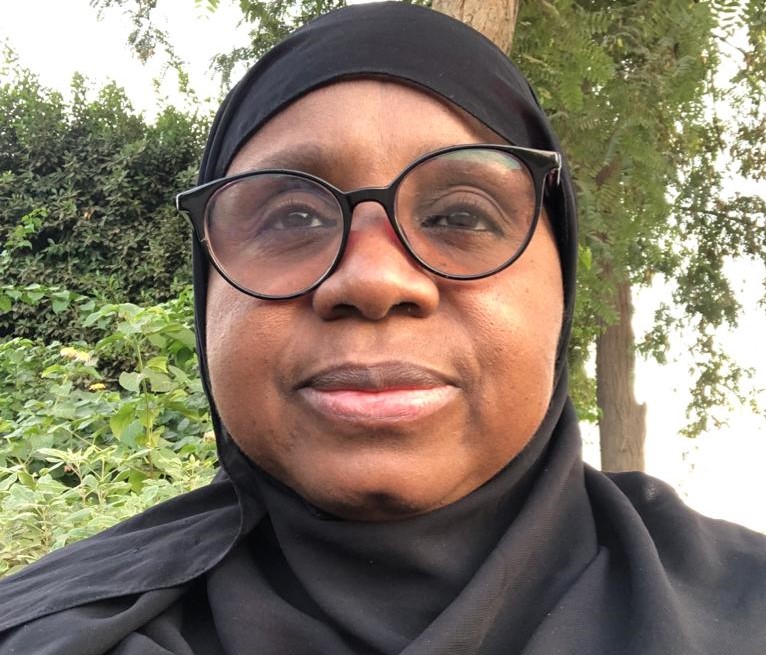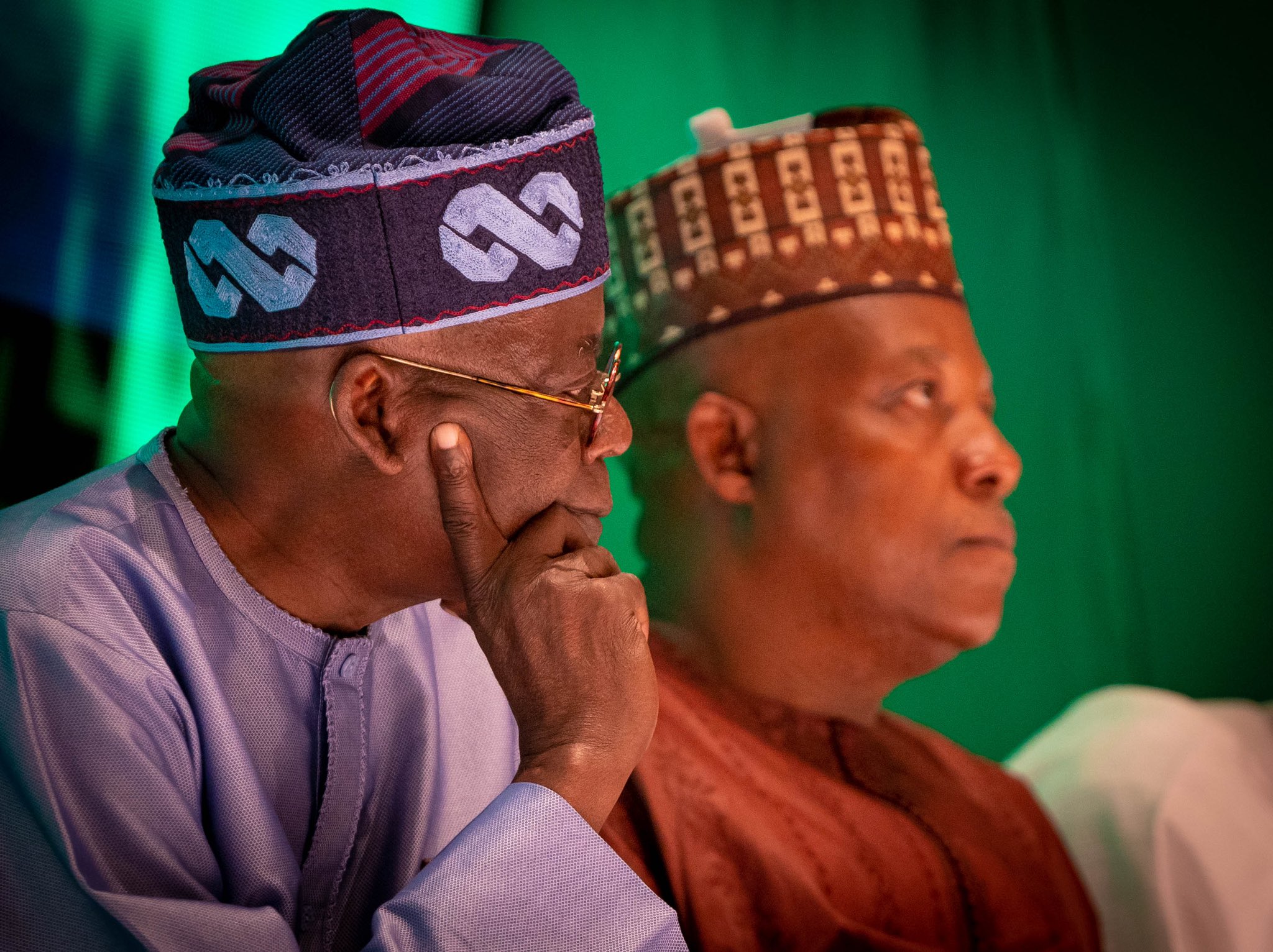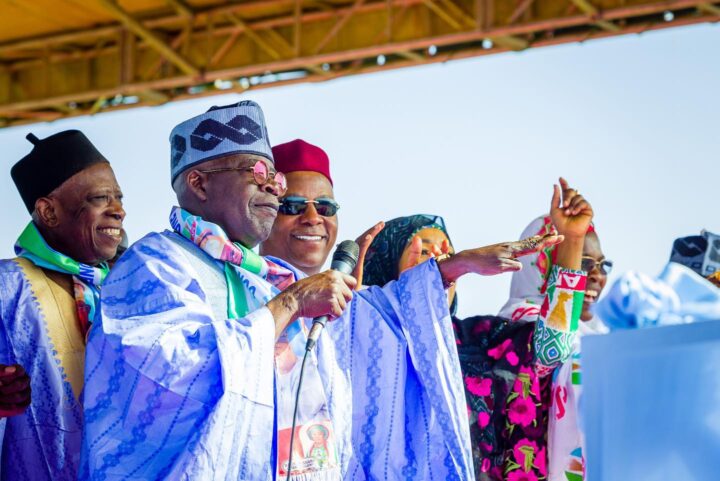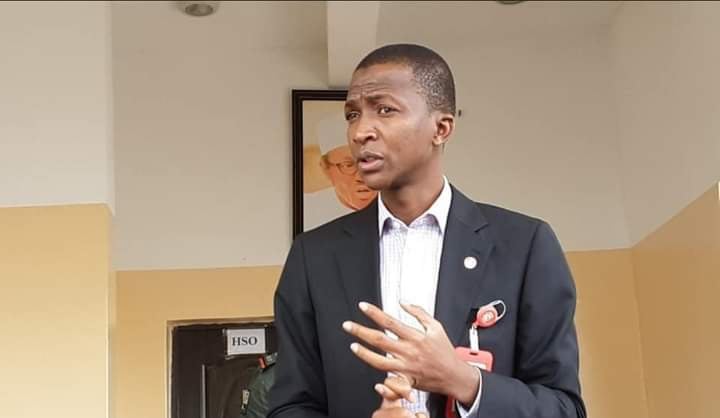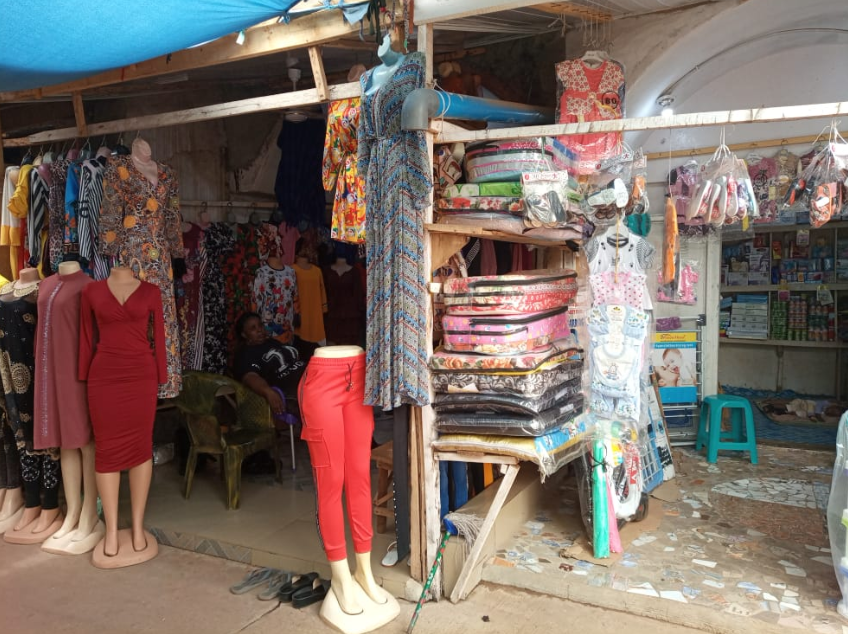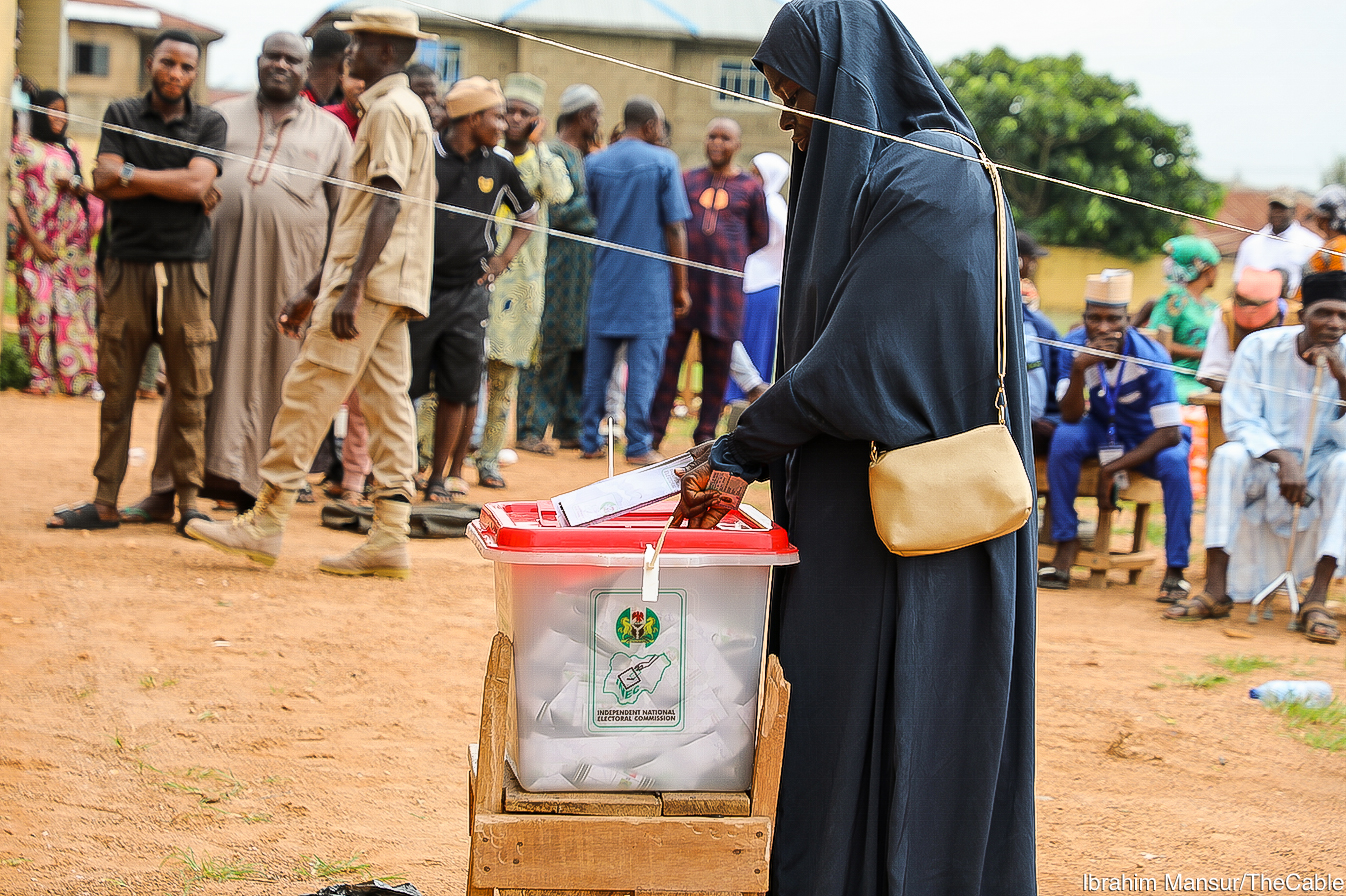BY ROBERT EKAT
About 250,000 – 300,000 years ago, modern humans arose in Africa, with the continent thereafter becoming one of the most powerful and influential civilisations on earth with attendant economic prosperity from 3100 B.C to 30 B.C.
While imperialism and the dynamism of the current world order have not favoured Africa, its prospects have never been in doubt. There is a resurgence of belief among the continent’s intellectual elites that Africa can reclaim its strategic relevance in the world with the establishment of the Africa Continental Free Trade Area (AfCFTA).
Africa Continental Free Trade Area (AfCFTA)
Advertisement
Africans had long realised their potential, but forging the needed consensus had been the Achilles heel. The world would have been shocked when the African Continental Free Trade Area was signed in March 2018, ratified by the required number of countries by May 2019, and came into force in January 2021, making it the largest free trade area by the number of states after the Word Trade Organisation.
The World Bank says, “The pact will connect 1.3 billion people across 55 countries with a combined gross domestic product (GDP) valued at US$3.4 trillion. It has the potential to lift 30 million people out of extreme poverty, but achieving its full potential will depend on putting in place significant policy reforms and trade facilitation measures.
Technology in Africa
Advertisement
While most stakeholders focus on the physical benefits of the pact around the removal of physical trade barriers like borders, tariffs etc., there is the humongous benefit of technology. Studies show that by 2030, Africa could achieve rough parity with the rest of the world in internet usage. Mobile technologies alone have already generated 1.7 million jobs and contributed $144 billion to the continent’s economy.
Even with the seeming quantum of ideas and profit around technology in Africa, the continent still lags far behind its potential. Africa’s technological gap could be the source of its increasing economic deterioration because other developing regions are constantly upgrading their technological capabilities, and the global marketplace has become increasingly liberalised and competitive.
Science and innovation are yardsticks to measure technological advancement. Professor Gurib-Fakim delivered the keynote speech at the African Export-Import Bank’s (Afreximbank) annual flagship event and laid bare a raft of statistics that showed that Africa is falling well behind the rest of the world in science, technology,
and innovation (STI); only 0.1% of all patent applications are registered in Africa, compared to 65% in Asia and 25% in North America. Africa is also responsible for only 2% of the world’s research output and 1% of research spending. Furthermore, the laggards in Africa have 11 researchers per million people whilst the best-performing countries in the world, such as South Korea and Denmark, have between 7,000-8,000 scientists and researchers per million people.
Advertisement
Benchmarking Africa with itself, it is evident that technology is developing at a ravaging pace. The proliferation of sensors, networks, automation and artificial intelligence is transforming social and economic life. Also, Nathaniel Allen writes, “Emerging technologies such as CCTV cameras, with facial recognition systems, drones, robots, and ‘smart cities’ are spreading. Digitisation is improving government revenue collection and curbing corruption. Cameras and facial recognition technologies are helping authorities respond to terrorist attacks. Drones are delivering life-saving medical supplies.”
Managing costs, risks and benefits
Suffice it to say that there are costs, risks and benefits for each technology, and with the escalation that AfCFTA provides, these variables are even higher.
As data have become the ‘new currency’ and ‘new oil’ in Africa, with the continent leapfrogging into the global digital economy, there are grave concerns around data privacy and security threats. So there is a colossal need for policy, legal and regulatory frameworks to protect individuals. Wekesa (2022) says, “A shared perception throughout the continent is that policies and regulations governing ICT exist but either lack the political will to enforce them or corruption enables manipulation. As we expect a boom due to AfCFTA, African leaders need to sit tight in terms of regulation. Otherwise, their people will be exposed to exploitation by big tech companies, ultimately posing threat to African society.
Advertisement
The world had long realised the benefits of multilateralism and the notion of ‘shared prosperity’. With European Union, G8, G20 and the other appellations by which developed countries protect their economic interests and preserve their exclusivity, it has become evident that isolationism cannot shoot any country to the desired heights of economic success. Even China which sojourned alone in the nineteenth century through Chairman Mao Zedong to become a world power, now realises that it will fail without strong multilateral relations with the rest of the world. African leaders have also realised this, hence the AfCFTA
Conclusion
Advertisement
The continent is awakening. With the enormous benefits of technology, a large section of the African population stands to benefit. It is now just a question of ‘how
extensive the benefits will be’? Will African leaders allow only an elite circulation of the benefits of AfCFTA and technology or will there be the trickling down of it to the mass majority of the populace who struggle to make a living? Whatever the case may be, it is clear that the continent is on the right track, and only needs to apply more insightful regulatory guidelines to the whirlwind of financial inflow; its modern-day renaissance!
Advertisement
Robert Ekat is a senior PR and communications adviser at ID Africa, a leading integrated communications company in Africa. He holds a PhD in political science. He is a public affairs analyst and a poet.
Advertisement
Views expressed by contributors are strictly personal and not of TheCable.

